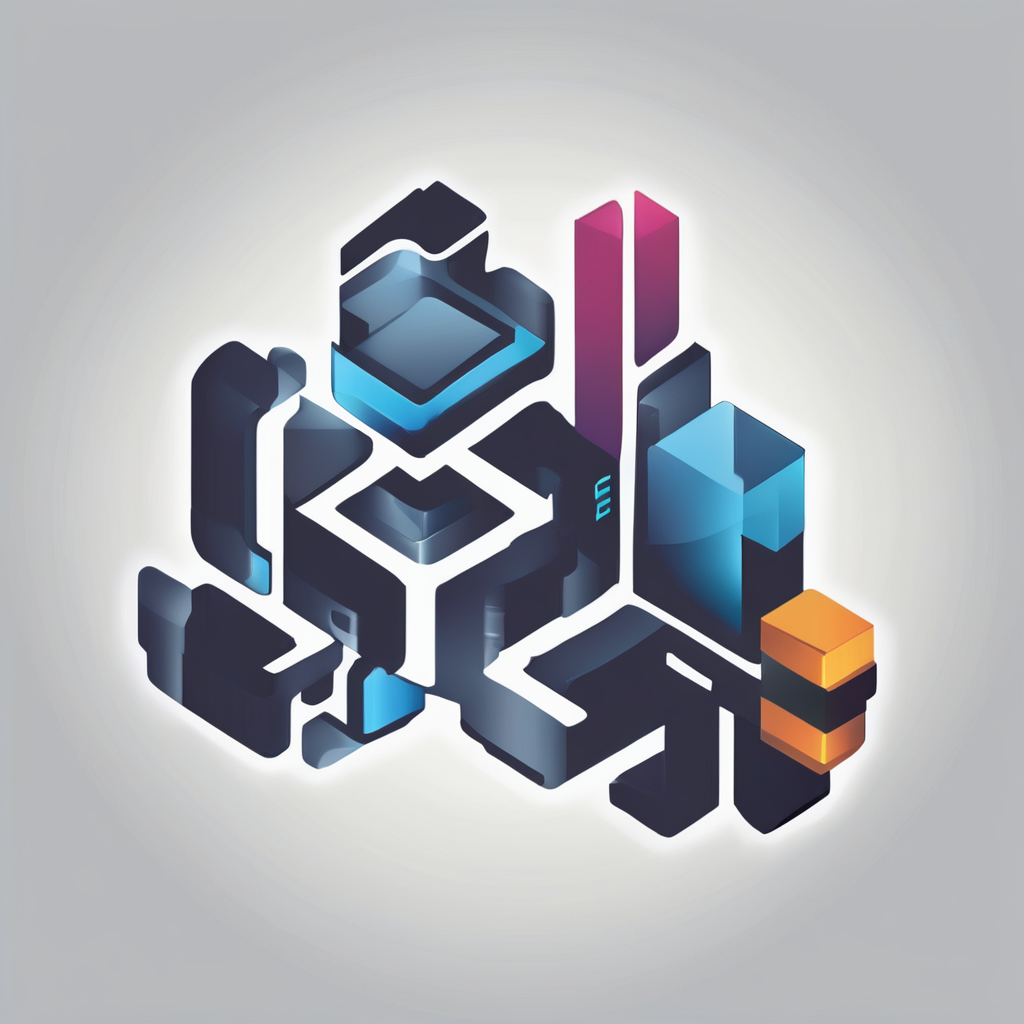Innovative Teaching Approaches to Enhance Digital Literacy
Innovative teaching can revolutionise the way digital literacy strategies are applied in education. One compelling method is project-based learning, where students engage in real-world problems using digital tools. This hands-on approach not only increases their digital skills but also fosters critical thinking.
Next, collaborative learning plays an essential role, encouraging students to work together in digital environments. By participating in peer teaching, learners exchange knowledge, strengthening their understanding and application of digital concepts. This method builds not only technical skills but ensures knowledge retention.
In the same genre : Boosting Brewery Efficiency: Harnessing Data Analytics to Revolutionize Production in UK Breweries
To engage students further, integrating gamification into the pedagogy can prove effective. Gamification incorporates game elements into educational activities to boost motivation and participation. This approach makes learning fun and accessible while simultaneously enhancing digital skills.
In summary, employing innovative teaching, like project-based learning and collaborative methods, aligns with the needs and advancements of digital literacy strategies. Embracing these modern pedagogies is crucial for educators aiming to provide students with the necessary skills to thrive in a digitally-driven world.
In the same genre : Essential industrial racking solutions for every business need
Successful Case Studies from UK Schools
Exploring how UK schools have adopted best practices can shed light on effective educational strategies. This section highlights successful case studies, allowing educators worldwide to draw valuable insights.
Case Study: XYZ Academy
XYZ Academy, a trailblazer among UK schools, embodies successful integration of digital literacy. They leveraged interactive learning modules and peer collaboration, which fostered an engaging environment for students. The academy reported a marked improvement in both student engagement and performance, underscoring the importance of digital learning tools.
Case Study: ABC Primary School
ABC Primary School’s approach is rooted in using adaptive learning technologies. Teachers here tailored resources to meet individual student needs, making learning more personalized. Their best practices resulted in increased student motivation and achievement, as evidenced by positive feedback from both educators and pupils.
Case Study: DEF Secondary School
DEF Secondary School implemented a holistic digital literacy program, focusing on critical thinking and problem-solving skills. The school adopted diverse methodologies, such as project-based learning and flipped classrooms, to enrich student education experiences. Feedback from students and educators highlighted enhanced collaborative skills and confidence in tackling technological challenges.
These case studies reveal that effective strategies can enhance educational outcomes, serving as beacons of inspiration for other institutions aiming to innovate.
Actionable Recommendations for Curriculum Integration
Integrating digital literacy into the curriculum requires thoughtful planning and curriculum development that aligns with national standards. Creating a balanced digital literacy programme involves devising a curriculum that meets educational standards while being adaptable to various learning environments. This includes developing teaching resources that are both engaging and accessible.
Curriculum development should focus on incorporating digital literacy into a wide range of subjects, ensuring that students gain skills applicable across various contexts. Effective strategies include embedding digital literacy into core subjects, using real-world applications to illustrate the relevance and importance of these skills. This integration should span all grade levels, offering students continuous exposure and opportunities to develop proficiency as they progress.
Teacher training is a critical component in this integration effort. Educators require professional development programmes that familiarise them with digital tools and teaching strategies. Recommendations for teaching resources and professional growth can include workshops, online courses, and in-class support. Training should aim to enhance teachers’ confidence and competence in delivering digital literacy education effectively.
Ultimately, by adopting curriculum development approaches that embed digital literacy across subjects and ensure teachers are equipped with necessary skills, educational institutions can more effectively prepare students for success in a technology-driven world.
Overview of Relevant Technologies and Programs
The integration of educational technology is transforming classrooms worldwide, enabling a more interactive learning environment through various digital tools and software programs.
Emerging Technologies in Education
In recent years, emerging technologies in education have revolutionized traditional teaching methods. These innovations include virtual reality (VR) for immersive learning, artificial intelligence (AI) systems that tailor lessons for individual students, and online collaborative platforms that allow students to engage in projects together, transcending geographical boundaries. These digital tools not only enhance engagement but also improve access to information and personalized learning experiences.
Software Programs for Digital Literacy
Software programs play a key role in promoting digital literacy among students. By utilising platforms like coding apps and multimedia tools, educators can introduce essential digital skills in an all-encompassing manner. Such programs often incorporate gamified elements to make learning engaging and lessen the intimidation often associated with complex digital tools. In the UK, successful initiatives that have adopted these programs show improved student preparedness for digital demands of the future workforce.
Resources for Educators
An array of resources is available for educators to support digital literacy development. Many are designed to be intuitive and easily adapted into existing curricula. Resources can include templates, lesson plans, and video tutorials to help teachers effectively implement technology in the classroom. These resources empower educators by providing structured support and innovative methods to engage students and enhance learning outcomes.
Impact of Digital Literacy on Student Achievement
Digital literacy is increasingly proving vital in enhancing student achievement. Statistical analyses reveal a strong correlation between digital proficiency and academic performance. For instance, students proficient in using digital tools often exhibit higher educational outcomes, marking an edge over peers who lack these skills.
Digital skills play an integral role not only in education but also in shaping careers. With the evolving job market, students equipped with digital abilities are more career-ready. This preparation translates to improved employability, as these skills are now a standard expectation across various professions. Employers consistently seek individuals who exhibit robust digital competencies, directly relating to their ability to adapt and innovate.
Experts highlight that the future of digital literacy within the education landscape is promising. As classrooms integrate more technology, the focus on developing digital skills grows, fostering a generation of students better prepared for future challenges. The modern curriculum increasingly incorporates digital tools, ensuring students gain necessary competencies.
In summary, digital literacy significantly influences both academic and professional realms. By investing in educational systems that emphasize digital skills development, the pathway to enhanced educational outcomes and career opportunities opens wide, making digital literacy an essential component for success.











